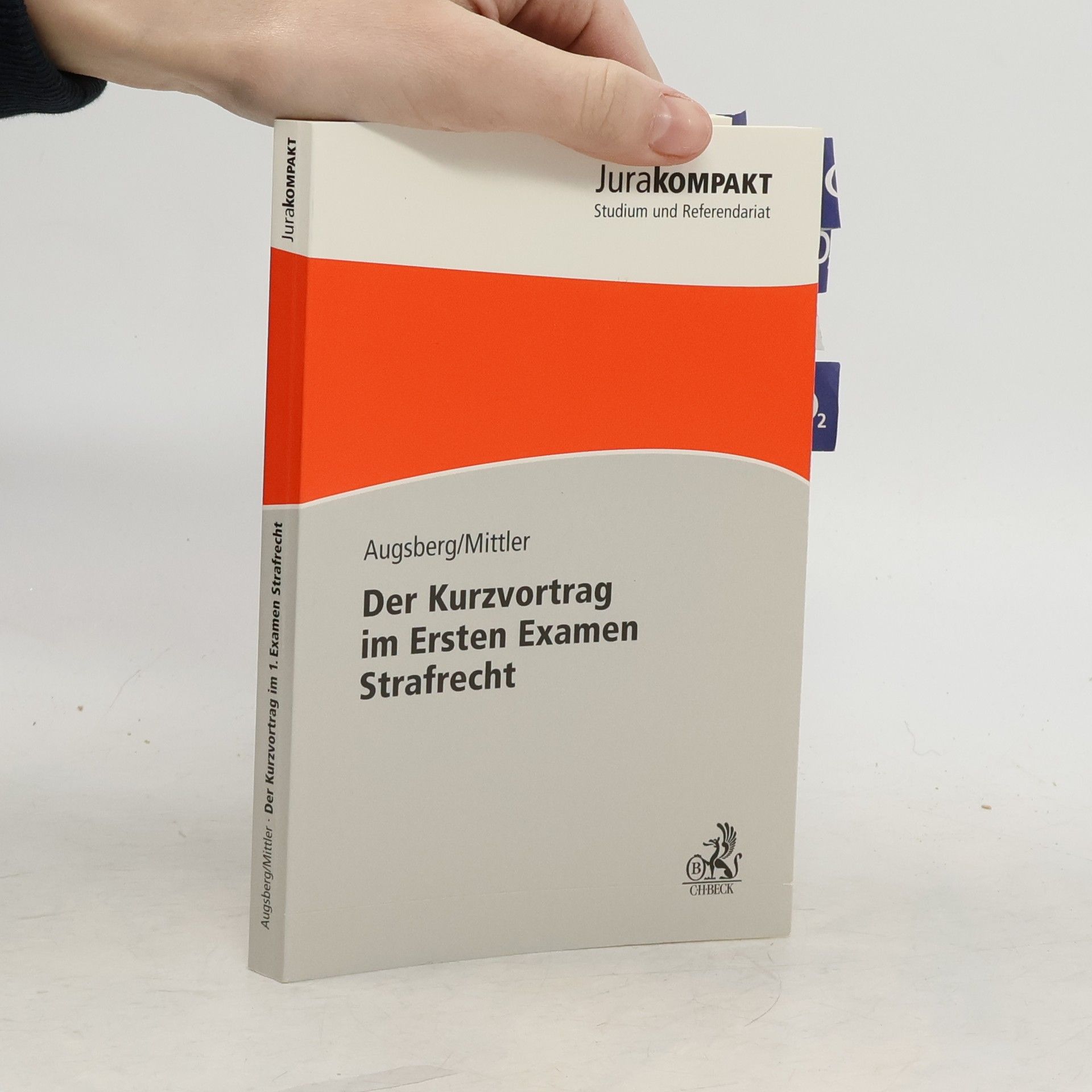Dangerous tunes
The Politics of Chinese Music in Hong Kong, Taiwan, and the People's Republic of China since 1949
Barbara Mittler’s book is the first comprehensive monographic study of China’s New Music written in a Western language. It deals with two key points of contention: the effects of politics on the development of Chinese New Music, and the importance of China’s indigenous musical traditions for the development of her New Music. In many ways, it is a handbook to New Chinese Music as it provides biographical and musicological sketches of the greater number of China’s composers. As a reference work it will thus be of interest to libraries as well as to musicologists and music impressarios. The book is unique as a comparative study of New Chinese Music under three different political systems. Its conclusions, the discovery of (and explanations for) inherent similarities in those three New Musics will be of interest to sinologists in the field of politics and cultural studies.

